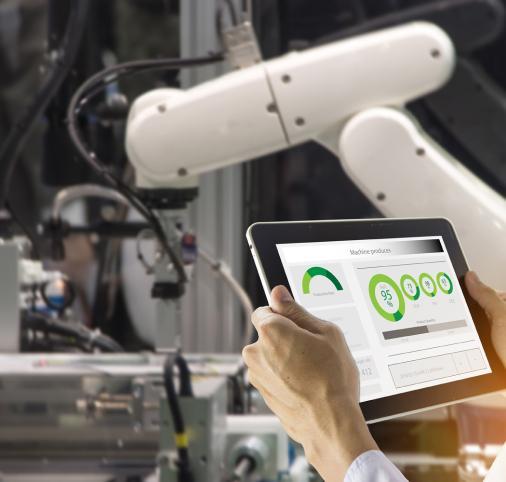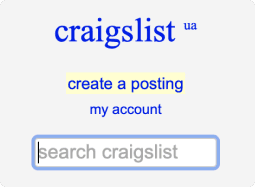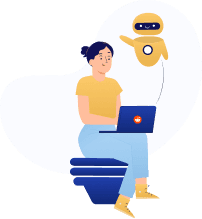Cloud Data Extraction vs Local Data Extraction
Cloud data extraction vs local data extraction:
which one to choose?
Ask advice from DataOx’s experts.
Ask us to scrape the website and receive free data sample in XLSX, CSV, JSON or Google Sheet in 3 days
Scraping is the our field of expertise: we completed more than 800 scraping projects (including protected resources)
Table of contents
Estimated reading time: 2 minutes
Introduction
With the rising popularity of web scraping, the tools and technologies are getting more and more efficient and user-friendly. Data scraping service providers strive to offer the best scraping services and technologies. You do not worry about costly hardware maintenance, do not face network interruptions, and can access extracted data anytime.
Yes, we are talking about cloud data extraction. Let’s compare the two types of data extraction on the local vs cloud server and learn the difference to choose the preferable option.
What is Cloud Extraction
Cloud extraction is the possibility to access, extract, and analyze data stored on cloud servers.

When you are practicing cloud extraction, the crawlers run in the cloud using multiple servers with automatically rotated IPs which protect you from being blacklisted by the websites. As well, you do not use local hardware and are independent of OS. Data stored on cloud servers can be accessed anytime from anywhere.
What is Local Extraction
Local extraction means running the crawler on your local machine. While practicing local extraction, you do not need cloud resources, and you may troubleshoot any workflow issues on time. In this case, if you are performing one scraping task, the local extraction will be faster than cloud extraction. But if you split your task into sub-tasks, it will be faster on the cloud server, as that time your task will be divided between several cloud servers, and this approach speeds up the extraction process.
Highlighting the Difference Between Cloud and Local Extraction
To summarize the difference between cloud and local extraction, let’s review the following table:
| Cloud Extraction | Local Extraction |
|---|---|
| Crawlers run on cloud servers | Crawlers run on local servers |
| The security risk is higher | Better data security |
| No high-priced hardware maintenance | In-house servers are more costly to set up and maintain |
| Tasks can be scheduled according to your requirements | Ability to see and control the crawling process |
| Automatically rotated IPs protect you from being blocked | The chances of being blocked are higher |
| Complex websites usually cause difficulties for cloud extraction | No restrictions for scraping complex websites |
| The possibility to run multiple subtasks simultaneously makes the extraction faster | Local network speed or hardware configuration may affect the scraping |
Local vs Cloud Data Extraction FAQ
What is a cloud web crawler?
Cloud web crawlers are programs that run on cloud servers. They aim to extract data from websites and store and organize it. Cloud online crawlers are usually third-party tools offering their services as packs of subscriptions. Examples are Octoparse, Jetoctopus, Netpeak Spider, etc.
What is the difference between cloud and local crawl and data extraction?
In contrast to cloud data extraction, local crawlers run their asks on local servers. Those are custom tools that require an in-house development team and regular maintenance. However, it does not have so many restrictions and is cheaper in the long-term perspective.
Summing It Up
At DataOx we are always happy to help you with advice on which options will be suitable for you based on your business needs. Schedule a free consultation with our expert and find out how web scraping can help your business grow regardless of the server type.
Publishing date: Sun Apr 23 2023
Last update date: Wed Apr 19 2023




